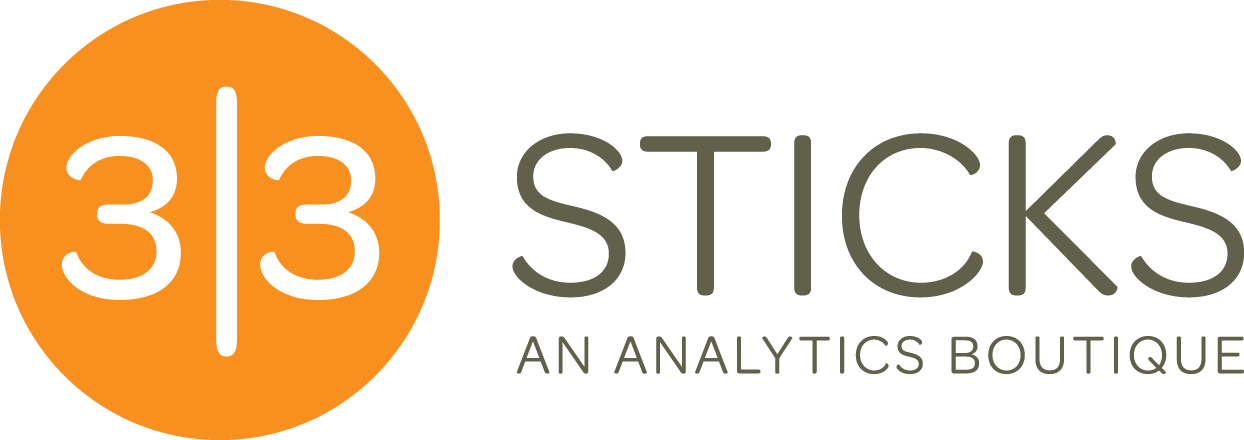The Dark Side of the Leverage Model in Consulting Agencies: Prioritizing Profit Over People
Have you ever heard the term, ‘Leverage Model’?
While you may not have ever heard of the term, if you have ever worked in an agency or hired consultants, then there is a high likelihood that you have experienced the leverage model as it is widely employed by many consulting agencies. The model involves hiring junior, often very inexperienced consultants, who are offered a low salary in exchange for “experience,” to work under the guidance of a select few senior consultants. This model has been criticized for the detrimental effects it has on both consultants and clients. While the model has the advantage of lowering costs and increasing profit margins, it often results in highly negative client experiences, lower quality deliverables, and adverse effects on the mental health of consultants.
The Leverage Model's Impact on Client Experience and Quality of Deliverables
In consulting agencies that use the leverage this model, clients often feel that the quality of deliverables is compromised due to the inexperience of junior consultants, who are often left on their own as any time spent with senior consultants within the agency reduces the project’s profitability. As a result, clients often are forced to invest additional time and effort, and or hire another agency, to revise and improve the low quality deliverables, leading to highly negative experiences and lost profits. Additionally, the leverage model often creates a communication gap between clients and senior consultants, due to their general lack of direct involvement on projects, which limits the strategic advice and support clients are able to receive from an agency’s more senior consultants.
The leverage model may also affect project outcomes. Projects managed with a high degree of leverage could have a higher likelihood of delayed timelines and budget overruns, as they are managed by very inexperienced consultants that lack the expertise to properly manage project scope and timelines. Again, this can also be attributed to the inadequate mentoring of junior consultants, who often struggle to make critical decisions without proper guidance from senior team members, in order to maximize project profitability goals.
The Leverage Model's Impact on Mental Health of Consultants
Junior consultants working in high-leverage environments often report higher levels of stress, anxiety, and burnout compared to those in lower leverage settings. This is due to the excessive workload (it is not uncommon for consultants, within firms that make use of the leverage model, to be assigned 15-20 different client accounts to manage), pressure to deliver high-quality results (often time without the required experience or agency provided training to produce high quality results), and the lack of mentorship and support from senior consultants (due to the agency’s desire to maintain a high level of profitability across each client engagement). The stress of an excessive workload is often magnified as junior consultants are pressured to bill an excessive amount of hours, typically close to 38 hours, every single week.
Senior consultants are not immune to the negative impacts that the leverage model has on their mental health either. Senior consultants, in highly leveraged agencies, report increased stress levels, as they face mounting pressure to maintain high profit margin goals while desperately trying to ensure client satisfaction. Combine the stress of maintaining high profit margins with the constant pressure to sell more and more billable hours, senior consultants often take on the added pressure of toeing a very fine ethical line as they attempt to balance the never ending request to sell more hours with only selling hours to clients that benefit the client - senior consultants often fail to balance this situation and end up selling unneeded hours and services to clients in order to appease agency leadership. This often leads to working incredibly long hours, limited work-life balance, and a decline in overall job satisfaction.
The leverage model, while financially beneficial for consulting agencies and their most senior leadership teams, it often results in negative consequences for both clients and consultants. This model frequently prioritizes profit margins over client experience, quality of deliverables, and the mental health of consultants. As the consulting industry continues to evolve, it is crucial for agencies to reconsider their approach and prioritize the well-being of their employees and clients over short-term financial gains and for potential buyers of services to be more educated on the type of consulting model the agencies they are evaluating are making use of.
Postscript: A Different Approach to Consulting - The 33 Sticks Model
While the leverage model has been widely criticized for its negative impact on both clients and consultants, a few consulting firms, like 33 Sticks, have opted for a different approach to how consulting is done. This alternative model focuses on delivering positive outcomes for clients and prioritizes the health and happiness of employees over profits.
At 33 Sticks, our consulting model departs from the traditional hourly billing system most commonly used in the leverage model and instead bills clients based on the value created. This approach encourages our team to focus on providing strategic solutions that drive measurable results for our clients, rather than simply meeting hourly quotas. In addition, we employ only highly experienced, principal-level consultants to ensure that clients receive the best possible advice, guidance, and mentoring.
This approach has proven to provide several benefits. For clients, it means they receive high-quality deliverables, strategic advice, and a better overall experience. For consultants, it promotes a healthier work-life balance, reduced stress levels, and increased job satisfaction. By prioritizing value creation and the well-being of both clients and employees, at 33 Sticks we have demonstrated that it is possible to achieve success in the consulting industry without relying on the controversial, and often toxic, leverage model.
